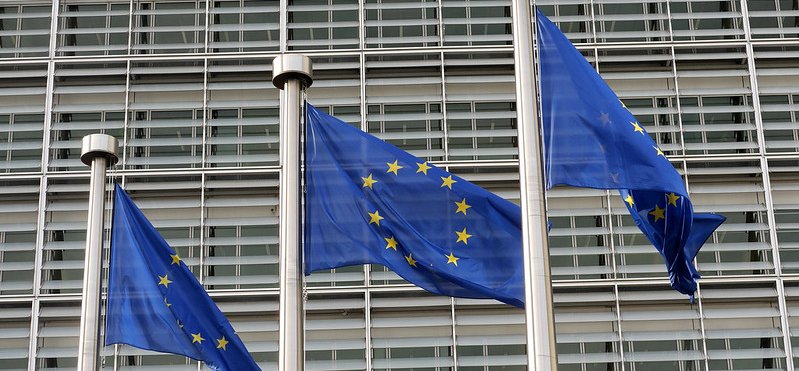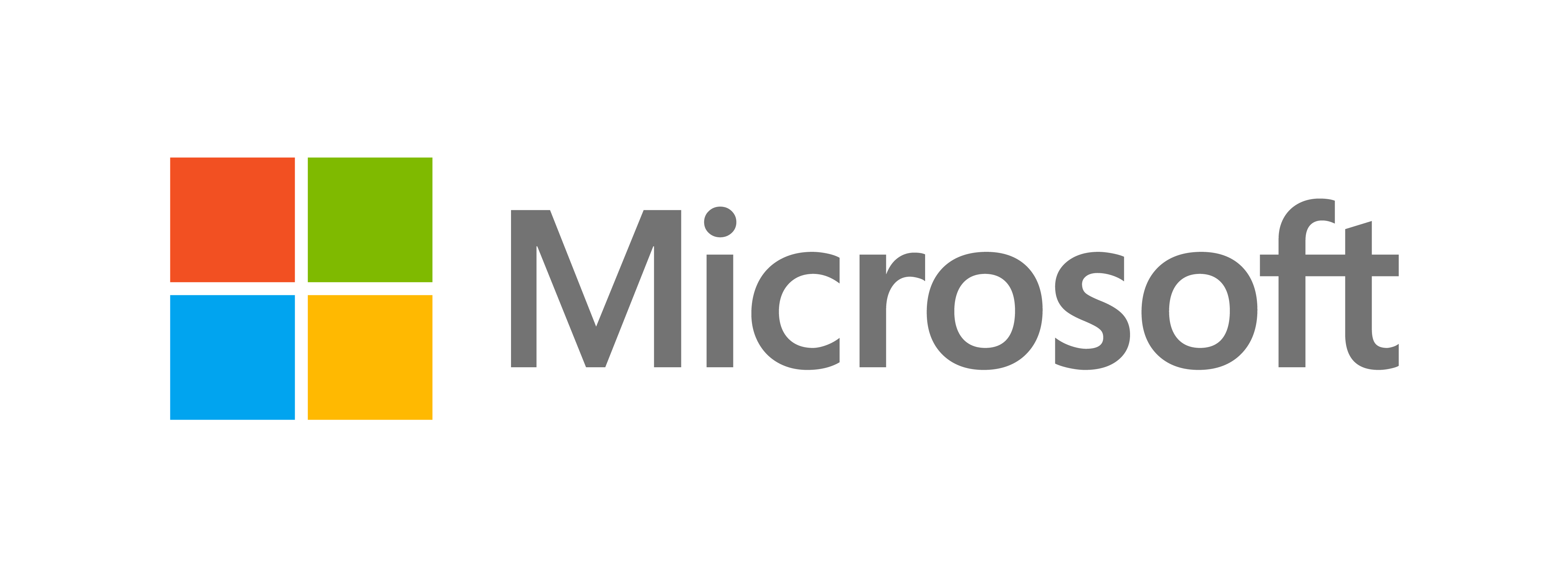WhatsApp has been formally designated a Very Large Online Platform under the EU Digital Services Act, triggering the bloc’s most stringent digital oversight regime.
The classification follows confirmation that the messaging service has exceeded 51 million monthly users in the EU, triggering enhanced regulatory scrutiny.
As a VLOP, WhatsApp must take active steps to limit the spread of disinformation and reduce risks linked to the manipulation of public debate. The platform is also expected to strengthen safeguards for users’ mental health, with particular attention placed on the protection of minors and younger audiences.
The European Commission will oversee compliance directly and may impose financial penalties of up to 6 percent of WhatsApp’s global annual turnover if violations are identified. The company has until mid-May to align its systems, policies and risk assessments with the DSA’s requirements.
WhatsApp joins a growing list of major platforms already subject to similar obligations, including Facebook, Instagram, YouTube and X. The move reflects the Commission’s broader effort to apply the Digital Services Act across social media, messaging services and content platforms linked to systemic online risks.
Would you like to learn more about AI, tech and digital diplomacy? If so, ask our Diplo chatbot!










